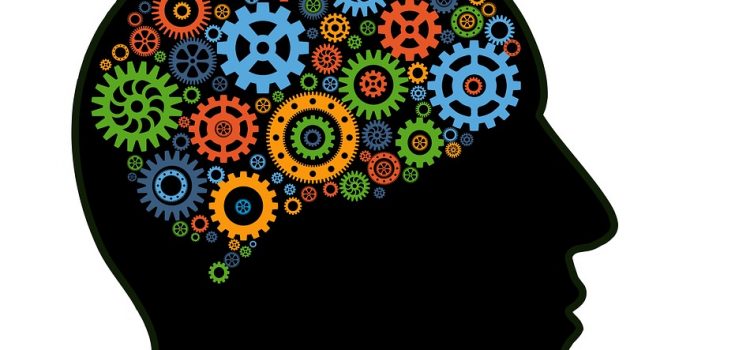What is the purpose of religion? How does religion differ from secular belief? According to Nassim Taleb, the author of Skin in the Game, the ultimate purpose of religion is to offset the risks of societal ruin caused by humans’ self-serving instincts. When conceptualized in this way, religion is not too different from secular beliefs. In this article, we’ll explore Taleb’s argument that the purpose of religion is to mitigate human selfishness.
The Purpose of Religion Is to Mitigate Our Selfishness










